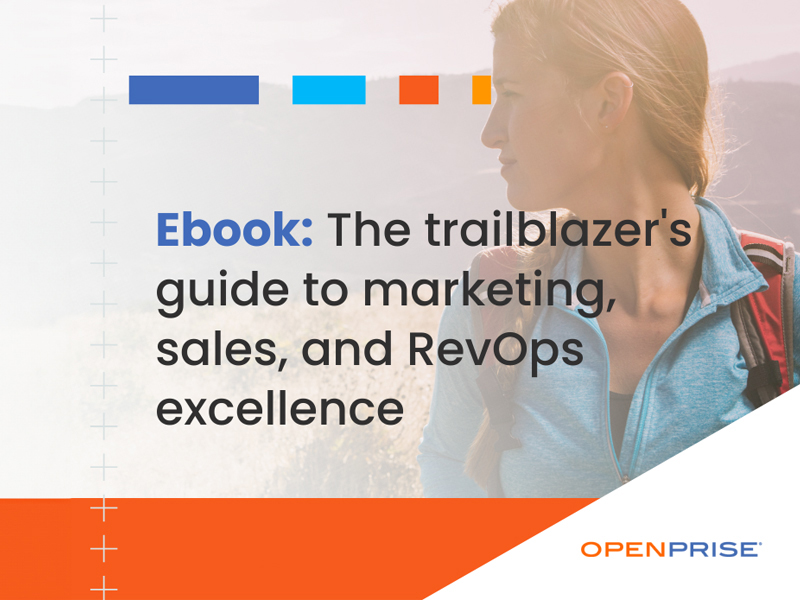
Data normalization basics: why you don’t really want to normalize job title
Not long ago, a prospect mentioned that their primary need was to normalize job titles and that he’d been searching online for a solution to do this.
While I understood the goal, job title normalization wasn’t, in fact, the right thing to do.
His problem was this: With so many unique job titles, it was really hard to segment the database to be able to target messages properly and determine who was really a potential customer of theirs and who was probably “just looking.” Standardizing job titles, however, was the wrong way to accomplish it.
In the same way that you want to call people by the correct name, you also want to address them by their proper title. Job titles are specific, not generic. While someone might be a Digital Marketing Manager at one company, a similar role might be Growth Hacker at another, and people want to be respected for whatever title they have.
If you standardize job titles, you’ve got a problem. Imagine that sometime in the future you decide to do a direct marketing campaign. Part of the offer refers to the recipient’s title and the work they do. If you’ve already normalized job titles, you don’t know what that person’s job title is. You could go back to vendors and do a project to get those accurate job titles again, but what a waste of money, and you might not even get a match! You once had this data and you wrote over it yourself just to make job title standardization easier.
Or maybe you gave all C-level executives the title “C-Level.” Our CEO, Ed, just got an email from a marketing operations agency that (1) Told him his data was dirty (probably not the best pitch to the CEO at a company that beats the drum for continuously cleaned and standardized data!), (2) Told him his CEO was loading lists, and (3) Suggested that he watch a 30-minute webinar on cleaning up data in Marketo.
Well, they got the Marketo part right, our marketing department does use it, but the rest is a disaster for the sender:
(1) His data is just fine, thanks, that’s what Openprise does. Plus, he’s our CEO. That’s not his problem—that responsibility belongs to marketing.
(2) He’s the CEO. He knows what he’s doing and it’s not loading data. It’s bizarre for an agency to assume a CEO would be doing that, regardless of the size of the company.
(3) He’s definitely not going to watch a 30-minute video on cleaning data in Marketo. Why would a CEO spend his time doing that?
He’s not going to be impressed with that agency for not segmenting him correctly because he notices these things—otherwise he wouldn’t have forwarded me that email, and he’s going to question the capabilities of an agency that can’t get their own segmentation right. If a customer asks for a recommendation, that agency’s going to be on the bottom of the list. How can they get their customer’s data right if they can’t manage their own?
What to do instead of normalizing job titles
Keep the job titles exactly as they are, but use them to infer both the job function (e.g., marketing, sales, engineering, finance, etc.) and job level (e.g., C-level, executive, director, manager, contributor). Make sure that you customize this for target industries so that in financial services, where Vice President is a very common part of a title, you have a different level than you do for a Vice President at a manufacturing company.
Using the job function and job level fields you can segment your database, easily finding director-level or above in all the retail industry accounts in your database while still retaining the original job title your lead gave you.
Openprise maintains data sources of over 3,600 job title keywords sorted into job functions and of over 1,300 job title keywords in multiple languages organized by job levels, in addition to multiple function-specific tables that our customers can use as a base and tailor to their particular business needs. Openprise also has algorithms to derive a job level, even when multiple job level keywords exist in a job title. For example, with the title, “Assistant to the VP of Demand Gen,” Openprise would recognize that “Assistant to ” is a more important keyword than “VP” in the title and assign the lead the job level, “Individual Contributor”. Our customers’ Marketing Operations teams have been using these features for years to make segmentation and nurturing track assignment easy and automated, without deleting their perfectly legitimate data. And without normalizing job titles.














